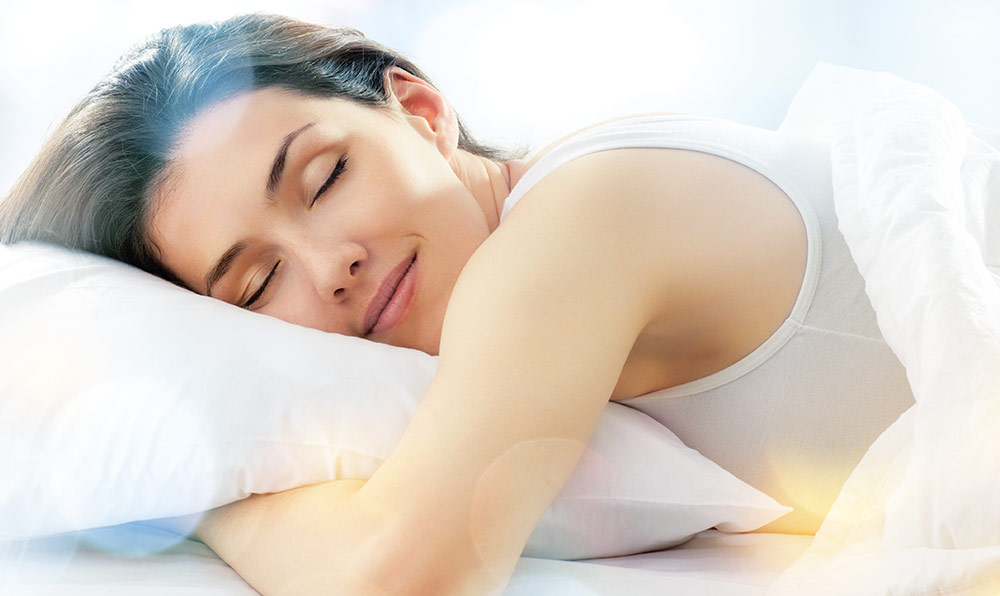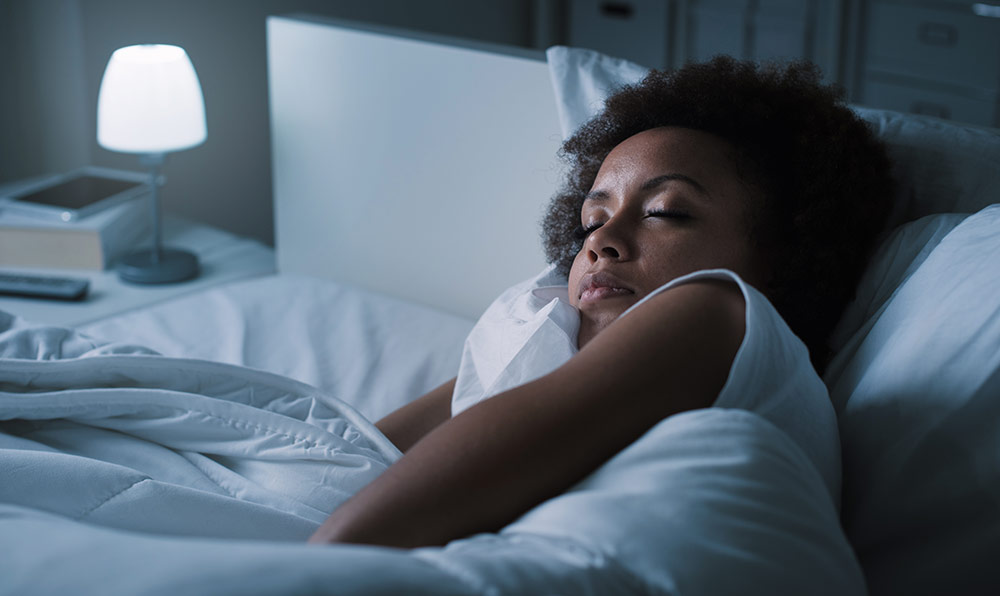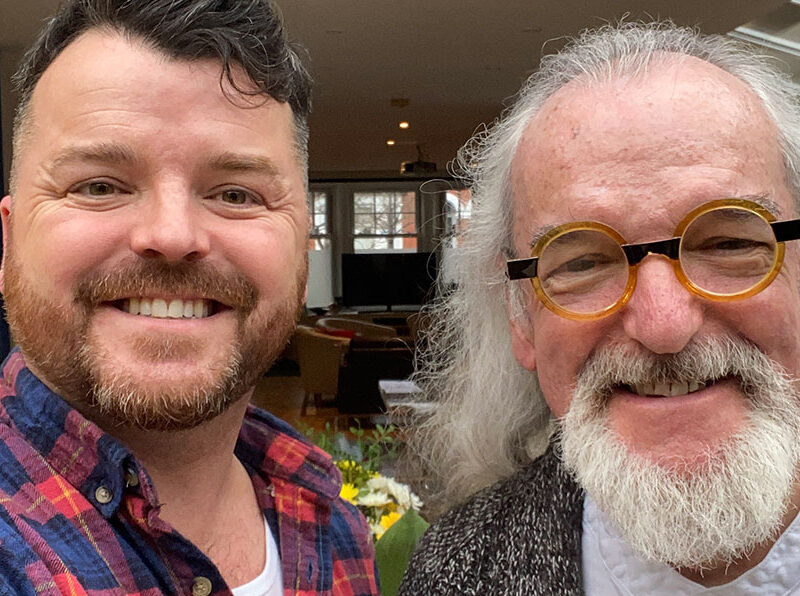
Sweet Slumber
The key to a good night’s sleep
You lie awake, turn over, plump the pillow for the millionth time, hear the clock ticking away – a reminder of just how much the night is passing by and that sleep is but a hopeless ambition. The trouble is, the more you try to fall asleep, the more impossible it becomes.
The causes are many – stress, external factors such as noise, too much or too little to eat before bedtime, or a disruption to your circadian rhythms when travelling across time zones, for example, or during night-shift work. Even the clocks going forward or back can throw the body off kilter.
Circadian rhythms are the focus of this year’s annual World Sleep Day on 16 March and refer to cyclic events within the body such as rhythms in hormones, body temperature and alertness levels. Biological clocks in the body produce circadian rhythms, but environmental factors such as sunlight also affect them. Sleep experts from World Sleep Day say that preserving regular circadian rhythms has been found to lower the risk of sleep disorders, mental health disorders and chronic health issues such as obesity and diabetes.
Regulating our circadian rhythms is crucial for good sleep and this needs to take place long before bedtime. Keeping set times for waking and going to bed helps, as does ensuring that you get access to bright light first thing in the morning. Some swear by light therapy boxes, particularly during the winter months, but with spring here, it’s easier to get that light from a natural source – open the curtains on waking, and a brisk walk first thing can work wonders for promoting your body’s natural rhythms. The exercise itself also promotes good sleep. Don’t skip breakfast as this is an important cue for the body that it is time to wake up.
If it is stress that is keeping you up at night, then make a list during the early evening (not straight before bed as this can set the mind racing) of what is worrying you or the tasks you need to do and how you might be able to achieve them. Also try mindfulness – the Headspace app is hugely popular and teaches relaxation tips in an accessible way.

Resist sleep to find sleep
According to The Sleep Council, you shouldn’t ‘try’ to sleep – sleep needs to find you. Keep your eyes open and gently resist sleep or try to adopt a carefree, accepting attitude to wakefulness, it advises. If you can’t get to sleep within 15 minutes from switching the light off then get up and go to another room and do something relaxing. The Sleep Council asked 2,000 people what sounds help them get to sleep or relax and have put together ‘nodcasts’ on its website, including bird song and waves.
For some, it is external factors that are hindering a proper night’s sleep. Those in urban areas are particularly prone, with noise from closely located neighbours and traffic interfering with sleep. Intermittent sounds such as a car beeping is more disturbing than continuous noise. Thick curtains and earplugs can help block out unwelcome sounds.
Everyone is different in their sleep requirements – the NHS advises that most adults need between six to nine hours sleep a night – but if you’re not waking feeling refreshed and feel tired, irritable and find it hard to concentrate during the day you may have insomnia. Insomnia isn’t just a difficulty in falling asleep but also covers night-time waking, waking too early and lying awake for long periods.
The NHS recommends sticking to a wind-down routine that includes a warm bath, which gets the body to the optimal temperature for sleep. If you regularly struggle to sleep, keep a sleep diary to identify if there are any patterns – the NHS has a template online you can use.
If you have tried self-help measures with no joy, see your GP. Underlying medical conditions need to be ruled out, as do common sleep problems such as sleep apnoea – a condition where the throat narrows or closes. People may not know they have sleep apnoea – it causes frequent night waking but sufferers may not realise they have awoken. However, symptoms can include daytime sleepiness and loud snoring.

10 Commandments of Sleep
- Establish a regular bedtime and waking time.
- If you are in the habit of taking siestas, do not exceed 45 minutes of daytime sleep.
- Avoid excessive alcohol intake four hours before bedtime, and do not smoke.
- Avoid caffeine six hours before bedtime. This includes coffee, tea and many sodas, as well as chocolate.
- Avoid heavy, spicy, or sugary foods four hours before bedtime. A light snack before bed is okay.
- Exercise regularly, but not right before bed.
- Use comfortable, inviting bedding.
- Find a comfortable sleep temperature setting and keep the room well ventilated.
- Block out all distracting noise and eliminate as much light as possible.
- Don’t do work-related tasks or general recreation like watching TV in your bed.





